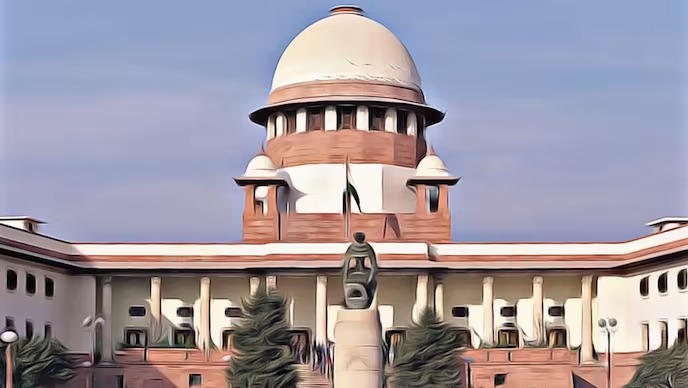N. Dhinakar, J.@mdashThis miscellaneous case is to quash the proceedings in C.C. No. 95 of 1992 on the file of the Additional Chief Judicial Magistrate, Ernakulam. The petitioners are the second and third accused in the said C.C. and that they are the partners of a firm, which is shown as the first accused in the said complaint. The proceedings against the petitioners and the firm were instituted for offences under sections 276C and 277 of the income tax Act, 1961 (''the Act''), on an allegation that the first accused, namely, the firm, and the petitioners who are the partners of the said firm have made an attempt to evade tax for the assessment year 1988-89. The counsel for the petitioner submits that the Commissioner, by his order dated 3-11-1992, accorded sanction to prosecute the petitioners and that the Commissioner violated the principles of natural justice, in that he did not issue any notice to the petitioners and hear them before the said sanction order was passed. In support of this contention, the learned counsel relied upon a decision in
279(1) Prosecution to be at instance of Chief Commissioner or Commissioner. --A person shall not be proceeded against for an offence u/s 275A, section 276, section 276A, section 276B, section 276BB, section 276C, section 276CC, section 276D, section 277 or section 278, except with the previous sanction of the Commissioner or Commissioner (Appeals) or the appropriate authority.
If the intention of the Legislature was to enjoin a duty upon the Commissioner to issue a notice, then it could not have enacted subsection (2) of section 279. Sub-section (2) reads as follows:
(2) Any offence under this Chapter may, either before or after the institution of proceedings, be compounded by the Chief Commissioner or a Director-General.
2. The above sub-section shows that even after the institution of the proceedings, the offence can be compounded. The section nowhere prevents the persons from approaching the Commissioner to compound the offence. It is not as if a notice is a must for the persons to approach the Commissioner and seek the permission of the Commissioner to compound the offence.
3. The words in section 279 ''before or after'' show that a compounding can be done even after the institution of the proceedings and that the petitioner is not barred from compounding the offence. The above said words will also indicate that there was no need for the Commissioner to have issued a notice before passing an order of sanction.
4. The counsel for the petitioner also brought to my notice a judgment of the Supreme Court in
5. As the accused are not prohibited from approaching the Commissioner even before the sanction is accorded, the petitioners could have very well approached the Commissioner and sought for compounding the offence. They, not having done it, cannot at this belated stage, say that natural justice was violated in that the Commissioner did not order any notice to them. No such notice is contemplated in the Act and the Act also does not prohibit persons from approaching the Commissioner for compounding the offence at a later stage. Under these circumstances, I feel that this criminal miscellaneous case cannot be allowed and, accordingly, it is dismissed.

